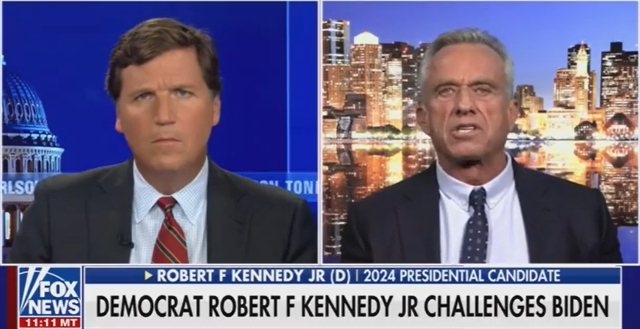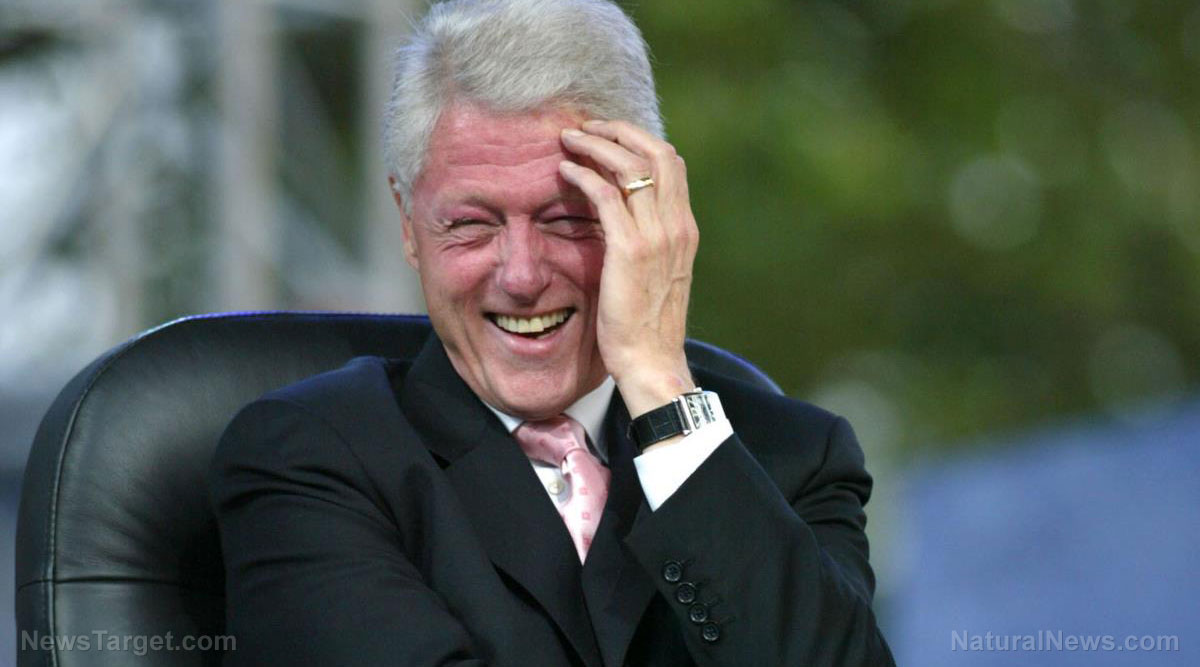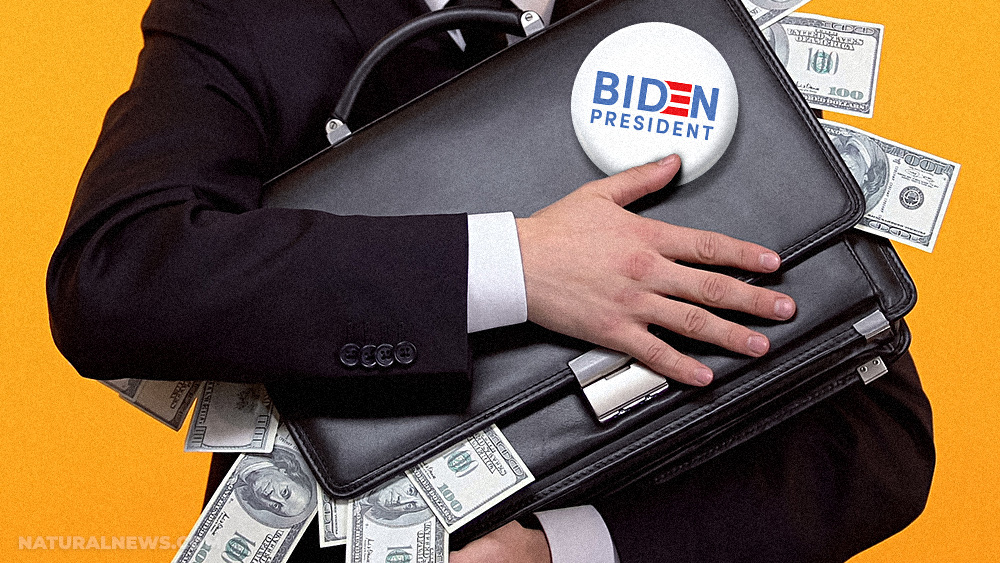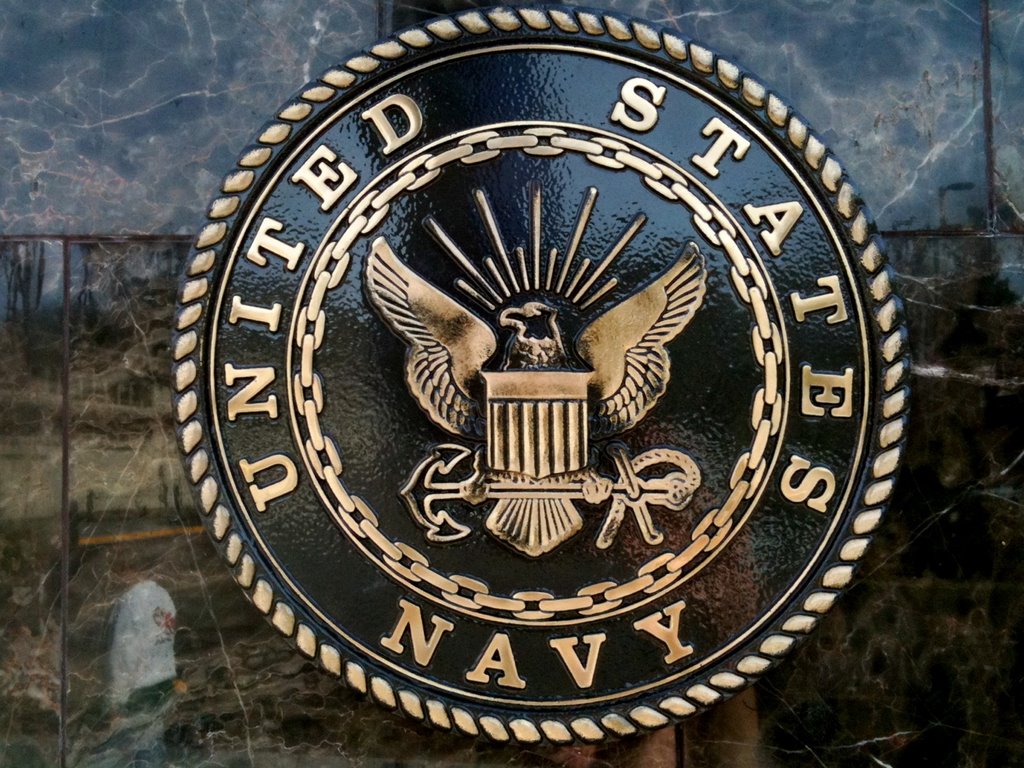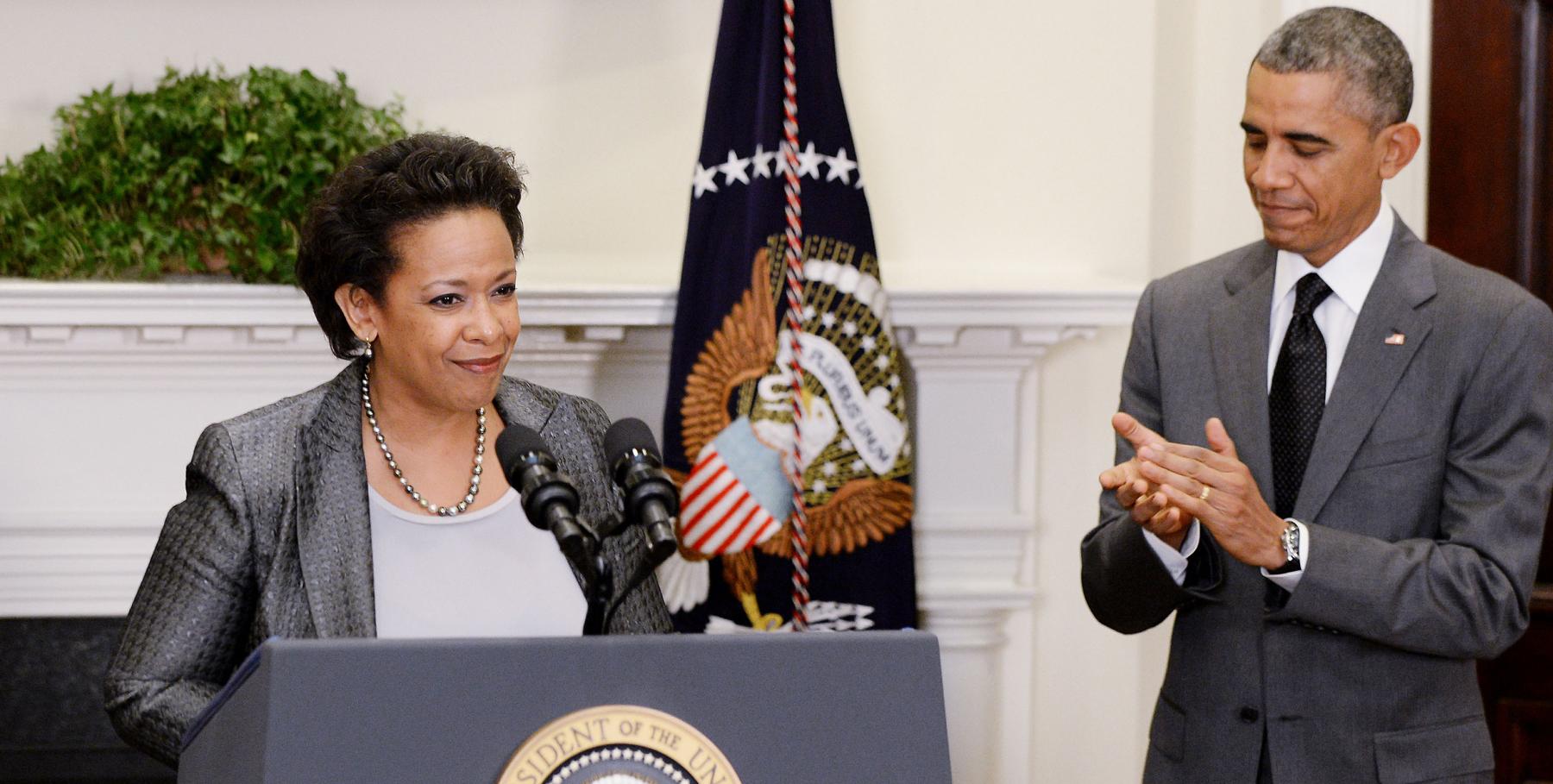
As the FBI’s investigation into Hillary Clinton’s mishandling of highly classified emails was peaking, the most criminally investigated presidential contender ever made a bold declaration during a June 2016 interview with Fox News.
When she was asked by correspondent Bret Baier if she believed the investigation was going to result in charges, she confidently replied, “Absolutely that is not going to happen.”
She went on to to deny that anyone inside the Justice Department told her or any of her campaign associates how the investigation would conclude.
But — how could she possibly know that? How could Clinton be so confident that she would be indicted over what was, by then based on public reporting, obvious criminal violations of federal statutes governing how classified materials could not be handled?
Easy. As we now know, the fix was in from the beginning. (Related: Former federal prosecutor details Obama’s ‘BRAZEN PLOT’ to exonerate Hillary Clinton and ‘FRAME’ Donald Trump (Video.)
She already knew she was never going to be indicted, in large part because the corrupt Obama administration was already hatching a plan to undermine the Trump candidacy with the bogus “Russian collusion” narrative.
But there are additional indications proving that she knew well ahead of time she wasn’t ever going to be indicted by the Obama regime (or ever because she and most everyone else believed she would be our next president).
Recently we discovered that then-FBI director James Comey had decided months before his infamous July 2016 press conference exonerating Clinton that he would do so — even before she was even interviewed.
We have also discovered that FBI counterterrorism agent Peter Strzok changed terminology in Comey’s statement describing Clinton’s actions from “grossly negligent” — language drawn straight from the statutes regarding the handling of classified information — to “extremely careless,” a legally meaningless phrase that is not actionable.
And now we learn that then-Attorney General Loretta Lynch decided to essentially “recuse” herself from deciding Clinton’s fate because she also knew Comey wasn’t going to recommend Clinton for prosecution.
As reported by PJ Media’s Debra Heine, according to new documents that have been turned over to the Senate Homeland Security and Government Affairs Committee, Lynch was already aware of Comey’s plan to clear Clinton when she announced just days before she would ‘accept whatever the FBI decided.’
Comey made his announcement during an unbelievable press conference on July 5, 2016 — unbelievable, because before he said “no reasonable prosecutor” would take up the case, he laid out everything she had done wrong (that agents had found up to that point). And everything Comey laid out was legally actionable. In other words, the national security violations committed by Clinton were many times worse than violations by “regular” Americans who did far less but were nevertheless tried, convicted and jailed.
Days before his press conference — on June 27 — as Lynch’s plane sat on the tarmac at the Phoenix airport, it was boarded by former President Bill Clinton. We were all led to believe that this meeting was pure chance and that they two only discussed golf and grandchildren.
Two days later, stories began to appear in the media about the ‘chance’ meeting, and FBI officials were trying to find out how details about the meeting leaked.
Then, on July 1, Lynch came out publicly and said that because of that meeting, she would accept Comey’s recommendation, whatever it was.
The next thing we know, Comey’s exonerating Hillary.
But no, there wasn’t anything wrong or abnormal about his exoneration or Lynch’s pre-determined decision to step away from the decision over whether to prosecute Hillary — right?
Wrong.
Strzok, who was kept in the loop as all of this developed because he was in charge of Clinton’s email investigation, received a text from his mistress, FBI lawyer Lisa Page on July 1, the day Lynch ‘recused’ herself:
‘And yeah, it’s a real profile in courage [sic] since she knows no charges will be brought.’
Are you getting briefed on all of this, Attorney General Jeff Sessions? Hello?
Follow more news about Clinton corruption at Clinton.news.
J.D. Heyes is a senior writer for NaturalNews.com and NewsTarget.com, as well as editor of The National Sentinel.
Sources include:
Please contact us for more information.










